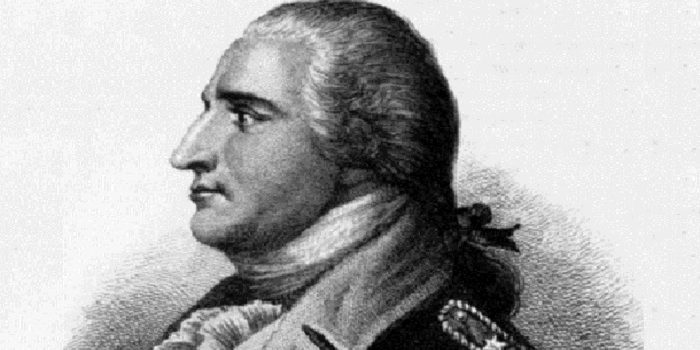On June 8th, 1776, Canadian Governor Sir Guy Carleton defeated American Patriot forces under John Sullivan. After taking heavy losses and the loss of General Richard Montgomery at Quebec, the Patriots were pursued by Governor Carleton. Halfway between Quebec and Montreal, at the Trois-Rivieres, the Patriots turned to fight. The Redcoats and German mercenaries killed 25, wounded 140, and captured 236, but Carleton allowed the rest of the 2,500-man force to complete their retreat. This battle changed the priorities of the Patriots, and Colonel Benedict Arnold wrote, “Let us quit and secure our own country before it is too late.”
—
We are scheduled to complete our server migration to a new rack, this evening. This sever is at our off-shore server site, in Holland. So if you notice that SurvivalBlog is briefly unavailable, don’t panic! Rest assured that we aren’t having Vogon Problems, or DDoS Hack Problems, or Black Helicopter Problems.
—
A reminder: We need your article! Round 89 of the SurvivalBlog non-fiction writing contest ends on July 31st, so get busy writing and e-mail us your entry. Remember that there is a 1,500-word minimum, and that articles on practical “how to” skills for survival have an advantage in the judging.
—
And a brief observation: Have you noticed that the liberals who are now screaming: “De-fund the police departments!” are the same people who want to enact laws to disarm the citizenry? Their illogic is just stupendous. Perhaps someday it will get through their thick skulls that there is indeed a legitimate and inherent right of The People to keep and bear arms.











It seems the Canadian campaign was beset by several issues from early on. The Americans fell into what is unfortunately a rather common error by military leaders, by failing to properly understand the terrain in which they were operating, relying instead on maps (which were not known for their overwhelming accuracy at the time). One of the second orders of effects from this error was that it would take longer to reach their destination, which in turn led to increased fatigue in their troops and the loss of some of their rations. This failure to appreciate the geographic conditions they would be dealing with also led to attempting to sail through a dangerous area of the Dead River, causing further hardships to the troops, including increased fatigue, sickness, and malnutrition. By the time American forces reached Quebec (November, 1775), they’d lost over one-third of their troops due to death, illness, and desertion. Although they’d continue to fight in Canada for nearly six more months, the loss at Quebec in January of 1776 was the beginning of the end for this operation.
In short, one of the most egregious mistakes (and there were many more) the Americans made in this Canadian invasion, and which led to so many other problems, is that they failed to account for a simple military maxim: “The map is not the terrain”.
The take-away for us as preppers is that we need to remember that maxim when planning any movements. For example, if you plan to bug-out, ensure that you have done an actual physical reconnaissance of your planned primary and alternate routes, at least to the greatest extent possible. This should be updated regularly, since construction and other factors can change the viability of these routes. In addition, ensure you have adequate equipment, food, etc. to successfully execute this movement. Don’t simply rely on drawing out routes on a roadmap or, Heaven forbid, using GPS. Understand the terrain.